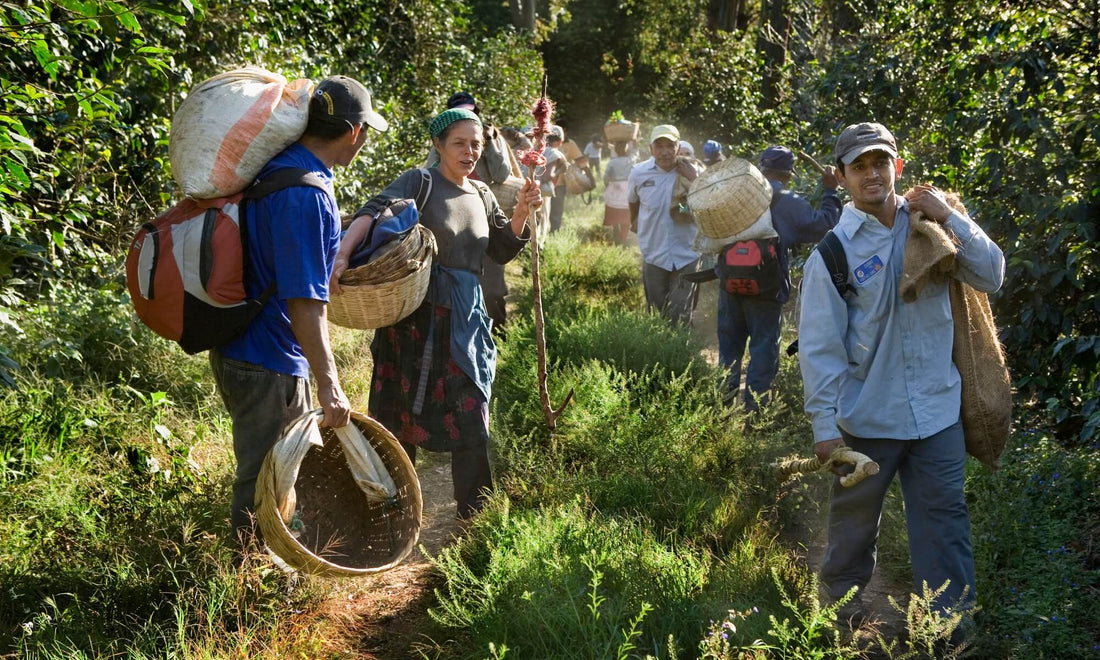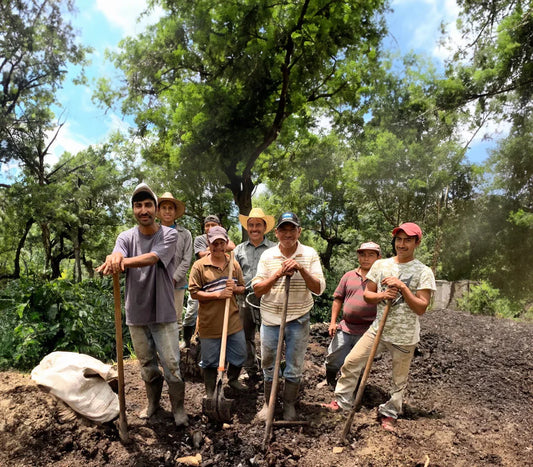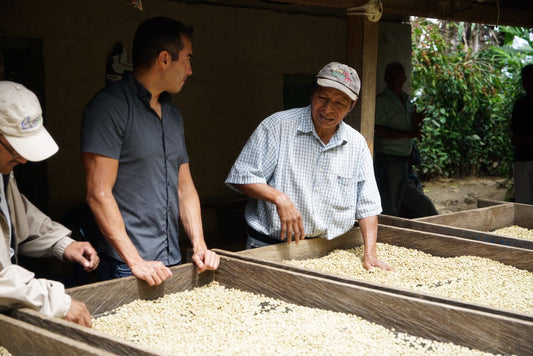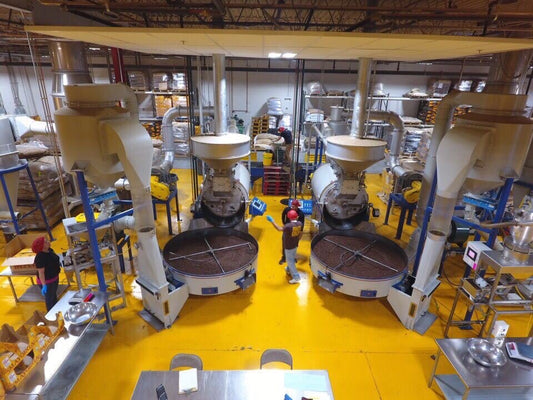
Can El Salvador's Quality Coffee Beans Make a Comeback?
Like cream rising to the top, El Salvador is slowly ascending to reclaim its spot as one of the top coffee producers in the world, this time with a focus on quality above all else.
Spread across only 21,041 sq km, El Salvador is one of the smallest countries in Latin America. However, it has always punched well above its weight, from its global literary influence to its world-famous cuisine.
Historically, agricultural activities have always dominated the country's economy and when, in the 19th century, El Salvador's main export product, indigo, was displaced in international markets, the country had to take advantage of its orography to boost its economy.
It did so by planting coffee.
The abundance of hills and its geographic location by the Pacific Ocean provided excellent microclimates for coffee production. And coffee soon surpassed indigo in exports, accounting for 90% of export earnings by the early 20th century.
In fact, coffee production grew so much that the country was dubbed "The Coffee Republic" between 1898 and 1931. According to data from the Consejo Salvadoreño del Café, El Salvador became, during the 1970s, the third-largest producer and the fourth-largest exporter of coffee in the world.
But, the inequalities of Salvadoran society produced political and social unrest that culminated in a civil war and a steep decline in coffee production around the 1980s.
Today, coffee makes up less than 2% of the country's exports. Despite this, El Salvador is once again becoming a globally recognised coffee origin, producing some of the most sought-after varieties in the world.

A Family Affair
This shift of focus is evident in the quality and the varieties now grown, says coffee producer and general manager of J.J. Borja Nathan, a coffee estate in Ahuachapán, Manuel Zepeda.
Whereas in his grandfather's time Pacas and Borbón were the only two varieties of coffee produced, today, several high-quality coffees are grown alongside these original varieties, including Pacamara – a cross between Pacas and Maragogipe – and Sampacho.
Statistics published by the Consejo Salvadoreño del Café show an improvement in Salvadoran coffee production, especially in segments linked to better-quality coffee.
For example, the report shows a significant increase in coffee classified as Strictly High Grown (SHG) (coffee grown between 1,201 and 2,000 masl), which is the best quality coffee on the market. The SHG increased from 44 319.29 in 2021 to 131 547.87 quintals in 2022.
Part of the reason for this, Manuel points out, has to do with the increase in international prices, which has encouraged small and medium-sized producers to invest in coffee growing.
But it is also the result of the hard work put in by generations of farmers.
Manuel, who is a third-generation coffee producer, fondly remembers the times he accompanied his grandfather to the farm located in the Apaneca-Ilamatepec mountain range.
"I really liked the family interaction of it all," he says. "The whole family would go, they would cut and between all of them everything that was cut was put into a single weight and that was what was delivered."
It's a tradition that has greatly contributed to maintaining and developing the practices of artisanal coffee care, says Manuel. "It has helped us a lot that we have maintained our quality standards, regardless of what the market says, we have maintained ourselves."
He also points out that unlike commercial coffee, which on his family’'s farm they harvested every three years, a high-quality coffee harvest cannot be determined in advance and depends on the careful care and constant scrutiny of the farmer.
For example, on the J.J. Borja Nathan farms, Manuel keeps a watchful eye on the coffee plants that grow in the shade of the native trees and constantly implements organic measures to ensure the plants are healthy.

Little Bean, Mighty Future
From Manuel's perspective, the future of high-quality coffee from El Salvador holds both ups and downs.
On the upside, Manuel believes that technology will continue to boost future productivity on coffee farms.
He has reaped the benefits of this himself at J.J. Borja Nathan where he works with Chilean companies that monitor the farm's production via satellite imagery and helps with analysis.
"They send me soil and plant reports so we can understand the general state of the plant and according to that we make our fertilizers," explains Manuel. "Technology has helped us a lot."
In addition, he says that he has observed a greater concern for quality among small and medium-sized producers in recent years.
Yet, despite this, several threats loom over the future development of high-quality coffee in El Salvador.
One in particular is the low yield of specialty coffee crops, such as Geisha and Pacamara. Because these plants are not as productive as farmers expect, many producers bet on more commercial versions that provide a larger harvest (and a better return on investment they believe), but, in turn, a lower quality bean.
In addition, climate change is a permanent threat to coffee cultivation. Variations in the winter period and higher average temperatures threaten coffee productivity in El Salvador.
"Sometimes we receive 60mm to 70mm of rain in an hour," Manuel explains. "That's a lot and the soil can't absorb all of it, so you don't have good humidity to produce coffee. And higher temperatures contribute to the proliferation of pests and diseases such as rust."
Yet, he remains positive because the coffee zones of El Salvador not only preserve the legacies of intergenerational farming traditions but also unique ecosystems. "Coffee should no longer be seen as just coffee plants but as a forest area that the government should help to protect," Manuel says.
He hopes that this will be a rallying point for the country as a whole to maintain its title as the "Republic of Coffee".


